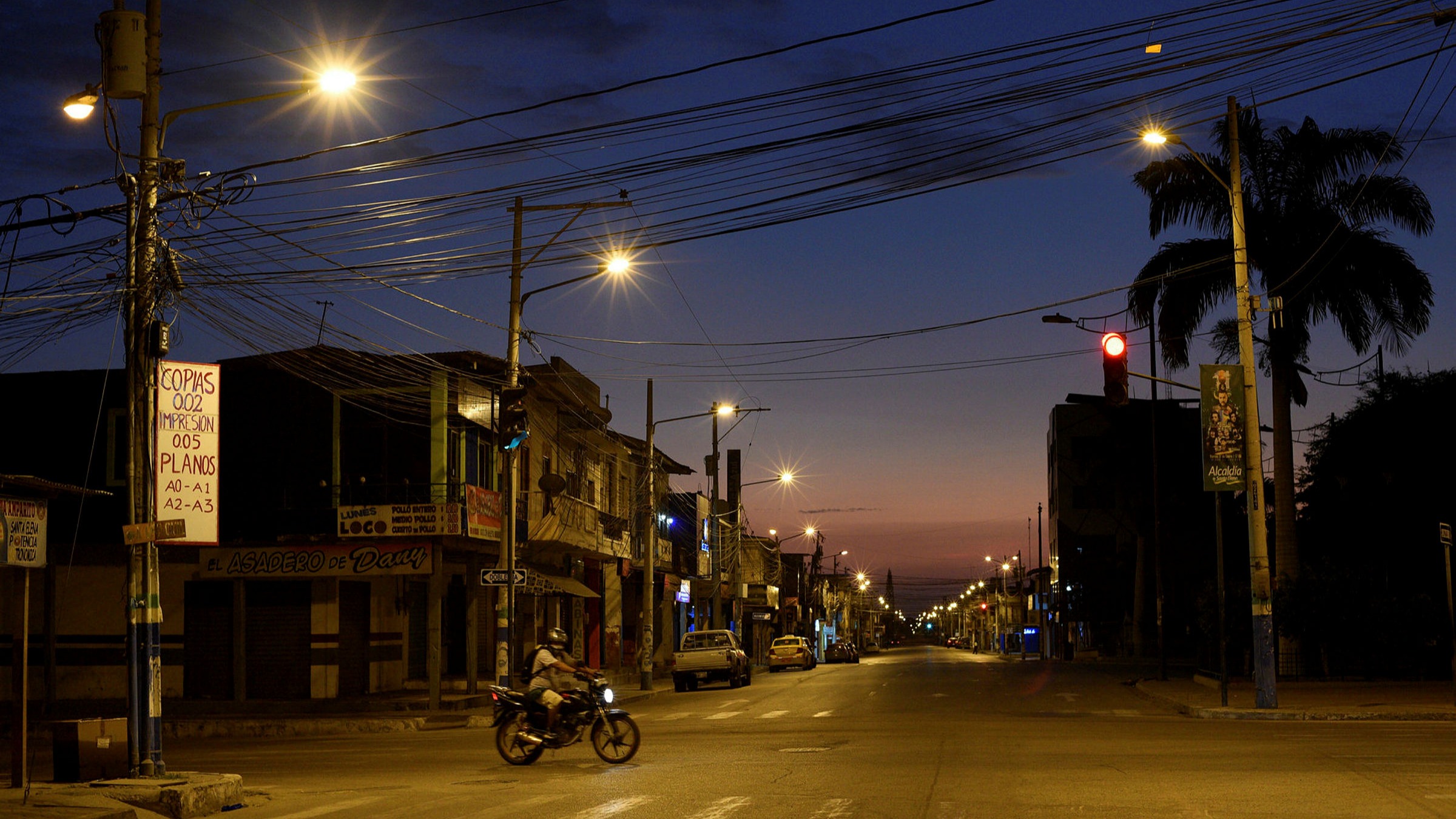RIO DE JANEIRO, BRAZIL – The Government of Ecuador revealed this Tuesday that more than 22,000 companies disappeared in the country due to the effects of the coronavirus pandemic and the periods of restrictions applied.
This was stated by the Minister of Production and Foreign Trade, Julio Prado, in declarations to the press at the Presidential Palace in Quito, where a meeting of the Government’s productive cabinet took place, headed by the President of the Republic, Guillermo Lasso.
Read also: Check out our coverage on Ecuador
Prado indicated that in the meeting, several actions were defined that will seek to reactivate the national economy in crisis and affected by the pandemic and conduct long-term strategies to improve the country’s productivity levels.
The Minister assured that, in a diagnosis of the country’s economic situation, “more than 22,000 formal companies that have disappeared in Ecuador during the pandemic” have been identified.

Likewise, he said that this assessment has warned of sales losses of more than US$6.5 billion, representing one of the worst crises for the national productive sector.
To reactivate the economy and generate employment, a tariff reform is being studied to reduce production costs and thus allow “a quick exit from this shock” caused by the pandemic, Prado added.
The minister also announced that in a couple of weeks, a National Council of Competitiveness and Innovation would be created, a body that will promote public and private cooperation to improve companies’ productivity, which will encourage the improvement of employment.
The Minister of Agriculture, Tanlly Vera, in the same appearance, insisted that the Government’s strategy has as its main goal the reactivation of production and employment, especially in the agricultural and rural areas, which have suffered greatly from the ravages of the pandemic.
In this regard, Vera said that they plan to open lines of credit at low interest and long terms to promote agricultural activities and said that agriculture is a good generator of employment in the country.
According to the minister, rural poverty is between 48 and 49 percent, so policies aimed at strengthening agriculture must be implemented.
For his part, the Minister of Labor, Patricio Donoso, indicated that the Government would promote three fundamental lines to promote employment in his area.
Donoso said that the first purpose is “the progressive return to work”, in safe conditions and strict biosafety standards, under a plan called “2-14”.
This plan involves returning workers to their usual jobs when they have received the two doses of the covid-19 vaccines and 14 days after the second application, as advised by the health authorities.
A second axis, Donoso explained, is to apply a labor opportunities regulation that will allow activating national and foreign investments to boost small and medium-sized companies.
In addition, the government plans to strengthen the so-called “violet economy”, which will include tax incentives for the private sector that hires more women, the minister added.

